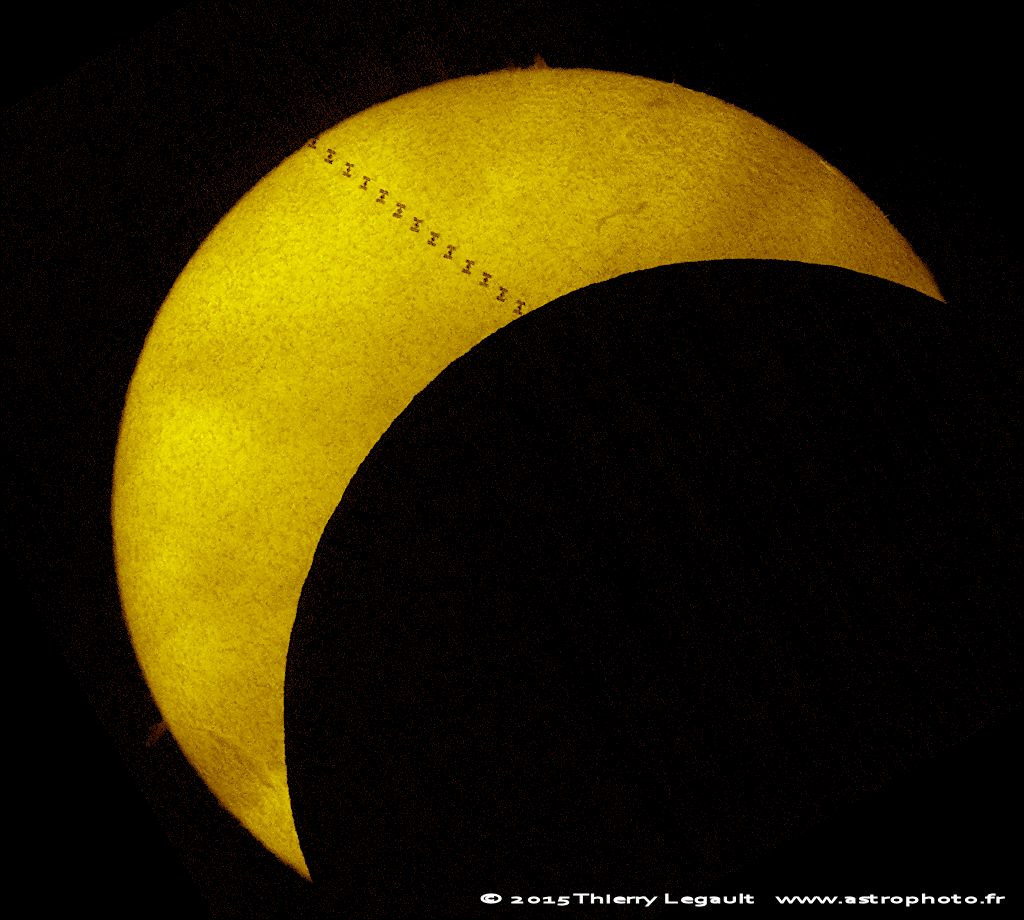The "Eclipsomatic " or another use for a spotting scope
Moderator: dromia
Forum rules
If your post is vaguely 'Not Work Safe' please include NWS in the Subject field.
If your post is vaguely 'Not Work Safe' please include NWS in the Subject field.
-
DOGGER2UK
The "Eclipsomatic " or another use for a spotting scope
Found another use for the spotting scope this morning. All went well to start with but thick cloud came over at the total eclipse so I missed the main event. Fun all the same
- 20series
- Full-Bore UK Supporter
- Posts: 4941
- Joined: Mon Nov 08, 2010 10:42 am
- Home club or Range: Oundle R&PC
- Location: Chelveston, Northants
- Contact:
Re: The "Eclipsomatic " or another use for a spotting scope
cool, it was all cloudy in Cambridge so we couldn't see it at all
Alan
Alan
A common mistake that people make when trying to design something completely foolproof is to underestimate the ingenuity of complete fools!!
Douglas Adams, 1952-2001 RIP
Douglas Adams, 1952-2001 RIP
-
Christel
- Site Admin
- Posts: 17524
- Joined: Fri Nov 05, 2010 7:52 pm
- Location: Wind Swept Denmark
- Contact:
Re: The "Eclipsomatic " or another use for a spotting scope
Top marks from me 
Re: The "Eclipsomatic " or another use for a spotting scope
Great pictures, good to hear other parts of the UK managed to see it as well. I wanted to try with a pinhole system however I got distracted.. 
-
ashmcc
Re: The "Eclipsomatic " or another use for a spotting scope
We did something similar:
Used our Kowa TSN-1 - and could really see the colour fringing on the non-prominar optics. Now I know why proper telescope people spend the big money on fancy glass...
A
Used our Kowa TSN-1 - and could really see the colour fringing on the non-prominar optics. Now I know why proper telescope people spend the big money on fancy glass...
A
-
DOGGER2UK
Re: The "Eclipsomatic " or another use for a spotting scope
[quote="ashmcc"]We did something similar:
Did you see the spot on the sun's surface? At first I thought it was some muck in the scope,but then I realized that it was moving.(its in the top quarter)
Did you see the spot on the sun's surface? At first I thought it was some muck in the scope,but then I realized that it was moving.(its in the top quarter)
-
ashmcc
Re: The "Eclipsomatic " or another use for a spotting scope
Hmm - didn't notice that one, but we could see a brighter spot near the edge.DOGGER2UK wrote:ashmcc wrote:We did something similar:
Did you see the spot on the sun's surface?
I was surprised at how fast the sun was tracking across the sky - we had to keep adjusting the scope to keep it in view. Makes perfect sense if you do the maths, but I didn't expect the projection to move so fast.
A
-
ashmcc
Re: The "Eclipsomatic " or another use for a spotting scope
DOGGER2UK wrote:ashmcc wrote:We did something similar:
Did you see the spot on the sun's surface? At first I thought it was some muck in the scope,but then I realized that it was moving.(its in the top quarter)
Mystery solved: what you thought was muck in the scope was actually the International Space Station
http://www.astrophoto.fr/eclipse-iss-20150320.html

A
-
DOGGER2UK
Re: The "Eclipsomatic " or another use for a spotting scope
I must say I like yours better than the explanation I found on tinternet.
People in the UK were treated to a partial solar eclipse this morning. But several observers spotted some strange black dots on the sun (shown left). These were sunspots, caused by concentrations of magnetic fields (close-up bottom right, previous image top right). They are sometimes associated with eruptions such as solar flares. And they can be more than ten times as big as Earth.
Who is online
Users browsing this forum: No registered users and 3 guests